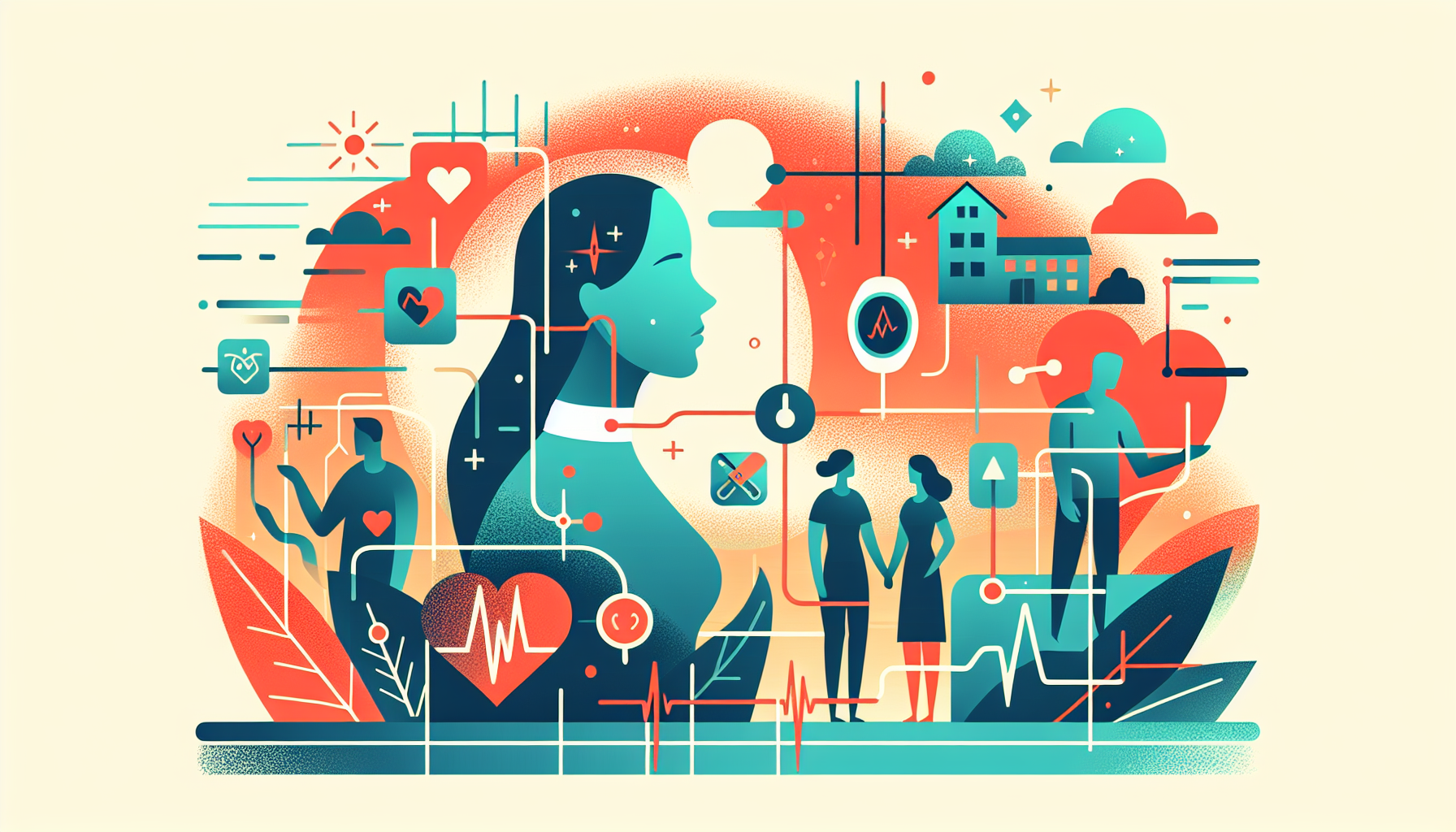Imagine if your doctor could keep an eye on your health every moment of the day, even when you're not in the office. Thanks to advances in medical technology, that day has arrived. More and more wireless digital sensors are making the leap from patents to patients, allowing for 24-hour health monitoring. These sensors can be implanted in or on the body, ingested, or worn like clothing.
The Benefits of Continuous Health Tracking
The goal of 24-hour health monitoring is to catch potential problems early, before they become serious. "The hope is that people heading toward serious problems such as high blood sugar or heart rhythm abnormalities can be headed off at the pass," explains Dr. Anthony Komaroff, editor in chief of the Harvard Health Letter.
Some potential benefits of continuous health tracking include:
Early detection of health problems
Improved management of chronic conditions
Reduced healthcare costs by preventing complications
Peace of mind for patients and their families
Types of 24-Hour Health Monitoring Devices
While the idea of continuous health monitoring may seem futuristic, we've actually had portable health gadgets for decades. One early example is the heart pacemaker, which detects irregular heartbeats and shocks them back to a normal rhythm.
Today, there are many other types of 24-hour health monitoring devices, such as:
Wearable sensors that track vital signs like heart rate, blood pressure, and oxygen levels
Implantable devices that monitor specific conditions like diabetes or heart disease
Ingestible sensors that can track medication adherence or gastrointestinal health
Smart clothing with built-in sensors to monitor physical activity and posture
Cardiac Monitoring: A Leading Example
Heart disease monitoring represents one of the most advanced areas of 24-hour health tracking. Modern cardiac monitoring devices can detect a wide range of heart rhythm abnormalities, including:
Atrial Fibrillation (AFib): An irregular heartbeat that significantly increases stroke risk. Continuous monitors can detect AFib episodes that might otherwise go unnoticed, allowing for early treatment with blood thinners or other interventions.
Other Arrhythmias: Devices can identify various irregular heart rhythms such as:
Advanced Cardiac Devices:
Implantable loop recorders that can monitor heart rhythm for up to three years
Wearable patches that provide continuous ECG monitoring
Smartwatches with FDA-cleared AFib detection capabilities
Remote monitoring systems for patients with pacemakers and defibrillators
These cardiac monitoring systems can automatically alert healthcare providers when dangerous rhythms are detected, potentially preventing heart attacks, strokes, or sudden cardiac death.
Beyond Heart Monitoring
These devices can sense and respond to a wide range of other health problems. For example, there are now sensors that can detect tremors in Parkinson's disease or pauses in breathing during sleep, known as sleep apnea.
The Future of Remote Patient Monitoring
As more and more wireless health monitoring devices gain FDA clearance, the future of medicine is rapidly changing. Remote patient monitoring has the potential to transform healthcare by enabling earlier interventions, improving patient outcomes, and reducing costs. However, challenges still remain, such as ensuring the privacy and security of sensitive health data.
If you're interested in using 24-hour health monitoring devices, talk to your doctor. They can help you determine which type of sensor might be right for you and your individual health needs. With the right device and monitoring plan, you may be able to take control of your health like never before.



